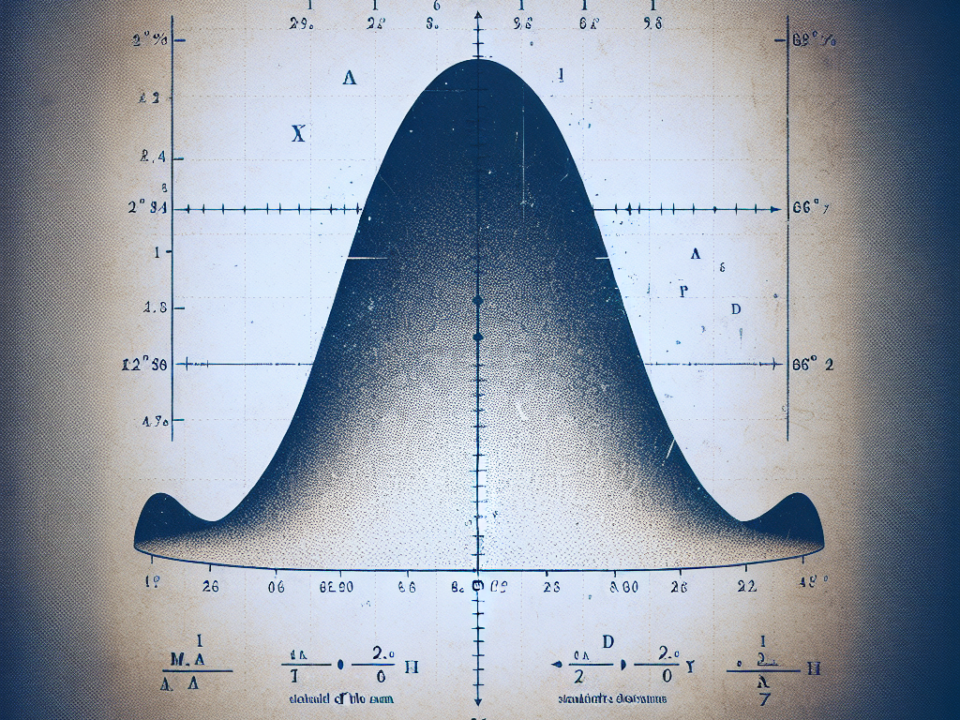[ad_1]
Bayesian Inference is a powerful statistical technique that allows researchers, including those in the medical field, to update their beliefs about a hypothesis as new evidence becomes available. At StatisMed, we understand the importance of Bayesian Inference in making informed decisions based on data. In this blog post, we will delve into the intricacies of Bayesian Inference and explore its relevance in the medical field.
Introduction to Bayesian Inference
Bayesian Inference is based on the Bayes’ theorem, which describes the probability of a hypothesis given the data. It allows us to combine prior beliefs with new data to arrive at a posterior probability. In the medical field, this can be incredibly valuable when making decisions about patient care or treatment options.
The Bayesian Framework
In the Bayesian framework, we start with a prior distribution that represents our beliefs about a hypothesis before seeing any data. As new data becomes available, we update our beliefs using Bayes’ theorem to calculate the posterior distribution. This distribution represents our updated beliefs about the hypothesis after considering the data.
- Prior Distribution: Represents our initial beliefs about the hypothesis.
- Likelihood Function: Describes how likely the data is under different values of the hypothesis.
- Posterior Distribution: Combines the prior beliefs with the new data to give us updated beliefs about the hypothesis.
Bayesian Inference in Medical Research
In the field of medicine, Bayesian Inference can be particularly useful for making decisions based on clinical trials, diagnostic tests, and treatment effectiveness. By incorporating prior knowledge and updating it with new data, medical professionals can make more informed decisions about patient care.
At StatisMed, we offer a range of statistical analysis services for medical doctors, including Bayesian Inference, to help them make sense of complex data and draw meaningful conclusions. Our team of experts is dedicated to providing high-quality statistical analysis tailored to the needs of our clients.
Relevance of Bayesian Inference
Bayesian Inference offers several advantages over traditional frequentist methods. It allows for the incorporation of prior knowledge, which can be especially valuable in cases where data is limited or unreliable. Additionally, Bayesian methods provide a natural way to quantify uncertainty and make probabilistic statements about hypotheses.
- Incorporation of Prior Knowledge: Allows for the integration of existing information with new data.
- Quantification of Uncertainty: Provides a clear way to assess the uncertainty associated with estimates.
- Flexibility: Can adapt to different types of data and research questions.
Conclusion
In conclusion, Bayesian Inference is a powerful tool for making informed decisions based on data in the medical field. By combining prior beliefs with new evidence, researchers and medical professionals can update their understanding of hypotheses and make sound judgments. At StatisMed, we are dedicated to helping medical professionals harness the power of Bayesian Inference through our statistical analysis services.
If you are a medical doctor looking for reliable statistical analysis services, feel free to contact us or request a quote. Our team at StatisMed is here to support you in your research and decision-making process.
[ad_2]






